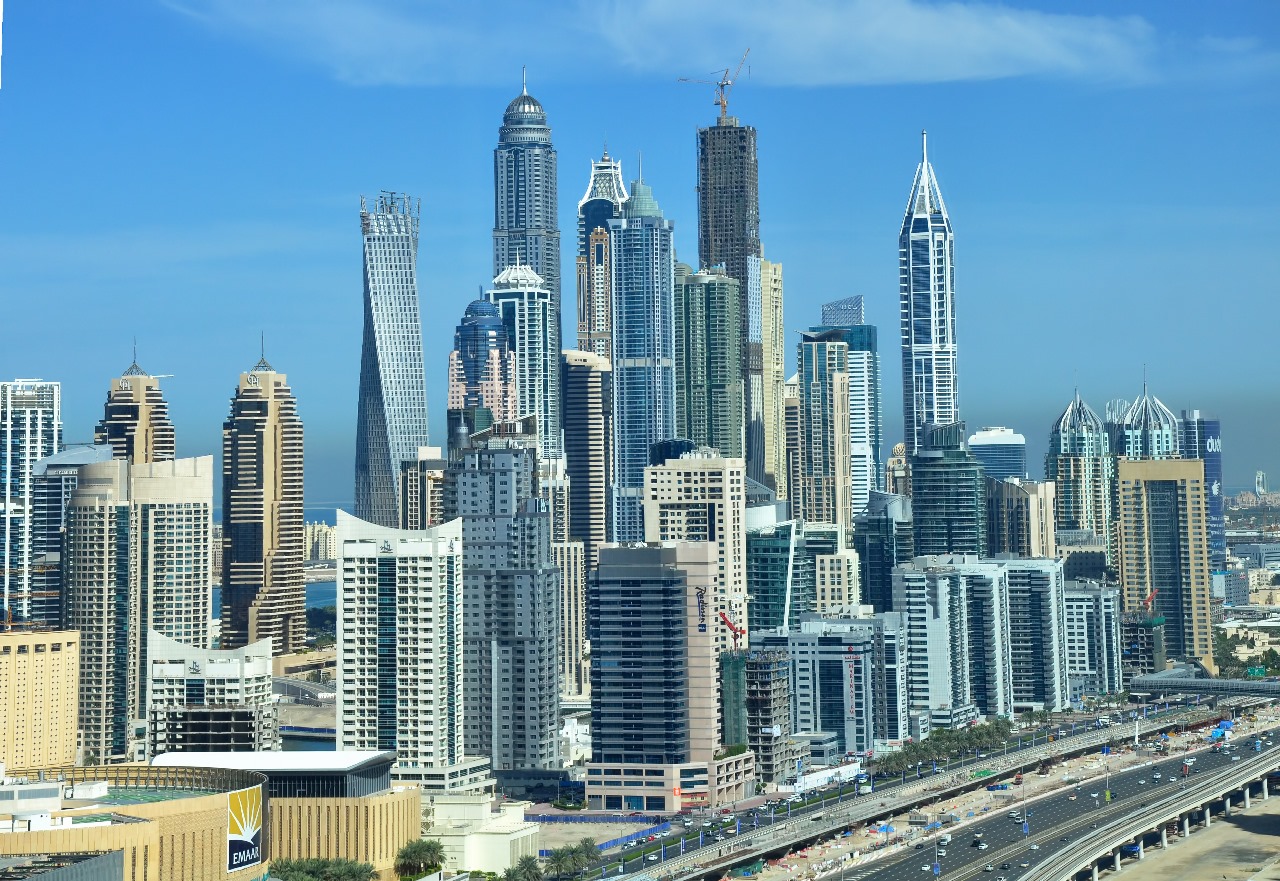
Oct 13, 2023
commercial real estate investment strategies refer to properties used for business purposes with the potential to generate profits. Commercial properties are characterized by providing diverse investment opportunities and significant financial returns.
● Shopping Centers: Commercial centers include a variety of stores and services within one area.
● Logistics Buildings: Facilities related to transportation and distribution, such as ports and airports.
● Commercial Land: Land purchased for establishing commercial projects, is typically located in industrial and commercial areas.
● Industrial Real Estate Investment: Properties used for heavy industrial activities, storage, research, and development, usually located away from residential areas.
● Multi-Unit Residential Property Investment: Multi-family property investment; this term refers to a collection of multiple residential units within a single building or residential complex, such as residential apartments, furnished apartments, and studio apartments. This type of investment is highly popular among investors.
● Retail property investment: Properties available for individual or company purchase, attractive to investors seeking financial returns through commercial property ownership.
● Office Space Investment: Purchasing and leasing commercial office spaces for individuals and companies is a common choice due to financial returns and stable demand. This includes medium-sized facilities in suburbs, skyscrapers, and high-rise buildings in cities,.
Certainly, there are many other types of commercial real estate investments, such as hotels, resorts, medical and healthcare centers, educational institutions, government buildings, through which investments can be made, and profits can be generated.
Commercial real estate financing requires a solid financial strategy and deep knowledge of financial markets. Here are some important steps in the financing process:
This step is crucial in investment decision-making and involves analyzing market elements such as:
Risk management in commercial real estate refers to the processes and strategies employed to analyze, evaluate, and mitigate potential risks faced by commercial properties. The goal of risk management is to achieve a balance between financial returns, reducing potential risks, and maintaining the safety of real estate investments.
Commercial real estate risk management includes the following steps:
By properly utilizing commercial real estate risk management, investors and property owners can achieve desired returns and maintain the stability and success of real estate investments.
Several strategies can be employed to achieve investment returns in commercial real estate, including:
● Commercial property leasing : It is a common investment strategy involving purchasing various forms of commercial properties and leasing them to the intended audience to provide a stable income.
● Development and Sale: This is another investment strategy, based on purchasing commercial properties, making modifications and improvements, and then selling them to generate profits. This strategy follows specific steps, including:
▪ Choosing the appropriate property.
▪ Evaluating the property.
▪ Developing the property.
▪ Marketing and selling it.
● Buy and Hold: Involves buying a commercial property to lease it for an extended period instead of selling it, aiming for long-term sustainable income.
● Investing in Leased Commercial Properties: Purchasing a commercial property and leasing it to a single entity under a long-term contract. The entity covers all property-related costs, like taxes, maintenance, and insurance.
● Partnerships: Forming partnerships with other investors to purchase and develop commercial properties. Costs and profits are divided among partners based on a predetermined percentage.
● Investing in Existing Commercial Properties: Monitoring the market to acquire a commercial property below its fair value and improving it to increase its worth. Profit is achieved through future resale or current leasing at higher rates.
● International Properties: Investing in commercial properties in foreign countries; this strategy is loaded with challenges and risks, despite its numerous benefits, such as:
▪ Diversification
▪ High financial returns
▪ Market expansion
▪ International networking
▪ Protection against inflation
These are some common strategies in commercial real estate. Investors should study and analyze the commercial real estate market, considering local and financial factors before making investment decisions.
Commercial properties are developed through various strategies that can be followed:
Current trends in the commercial real estate market are moving towards technological advancement. Advanced technologies are utilized in various real estate sectors, including management, security, energy efficiency, and marketing. Another crucial aspect is the environmental focus and the shift towards sustainability. This concept emphasizes special attention for preserving the environment and natural resources by using eco-friendly building materials and incorporating renewable energy sources.
The commercial real estate market is considered flexible due to its expansion and diverse commercial real estate investment strategies. It plays a vital role in the economy by providing employment opportunities and encouraging both domestic and foreign investments, offering high financial returns.
The future holds promising opportunities for the development of commercial real estate, both in the management and investment strategies, as well as in the design and trends that will be pursued. This indicates a comprehensive and prosperous future for the real estate sector as a whole.
In real estate, knowledge is everything.Our blog offers timely insights on real estate investment in Dubai, market analysis, legal updates, and tips to guide your property journey.